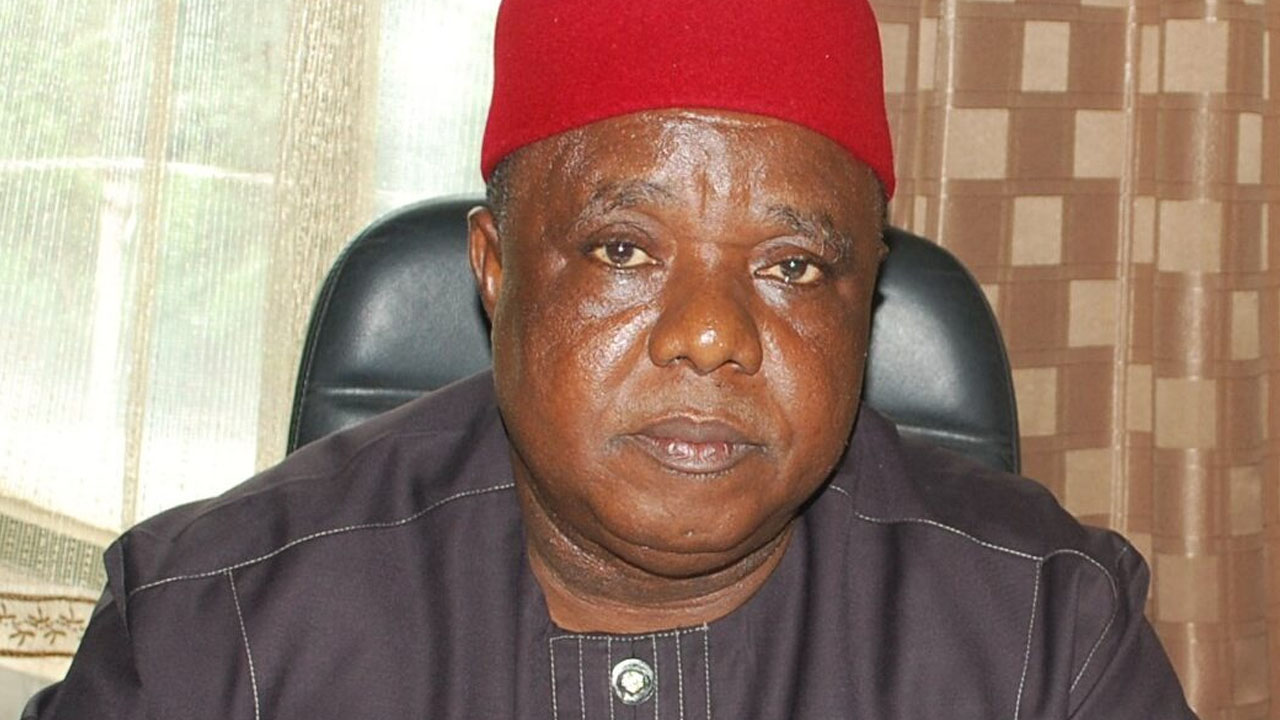
Some stakeholders have cautioned states and local councils against complacency in the new revenue sharing formula proposed by the Revenue Mobilisation, Allocation and Fiscal Commission (RMAFC).
Hailing the increases in the revenue accruing to states and local councils, they, however, were unanimous in calling on the two tiers of government not to sit back and wait for the Abuja allocation.
On Thursday, the Chairman of RMAFC, Elias Mbam, presented the report of the vertical review of the revenue sharing formula produced by his commission to President Muhammadu Buhari at the State House in Abuja.
In the proposed sharing formula by RMAFC, the Federal Government is to take 45.17 per cent, states, 29.79 per cent and local councils 21.04 per cent. This is an upward review of allocations to states and local councils of 3.07 per cent and 4.4 per cent respectively, while allocation to the Federal Government dropped by 3.33 per cent.
Under the existing sharing arrangement, the Federal Government takes 52.68 per cent, states get 26.72 per cent while local councils 20.6 per cent
The Chief Executive Officer, Centre for the Promotion of Private Enterprise (CPPE), Dr. Muda Yusuf, described the proposed revenue allocation in favour of the states and local councils as a move in the right direction.
Said he: “One of the shortcomings of our federation is the extremely weak subnational entities. Yet they are the closest to the people. I wish the percentage to states is even more. The weak fiscal position of most states has contributed to the perpetuation of dependency on the centre. It has diminished the capacity of the states to be assertive as an autonomous level of government.”
To complement this laudable move, he added: “We should see a regime of fiscal federalism where states are rewarded according to their creativity and resourcefulness. States should commit to growing their investment profiles.”
On his part, an economist and public policy analyst, Dr. Terfa Abraham, said the proposed sharing formula, which reduced the Federal Government’s share and increased that of the states and local councils, “is a call for the Federal Government to raise its efforts in generating independent revenue.”
He said: “While the proposal is a welcome development, we need to grant the local councils autonomy to enable development at the bottom of the pyramid.
“The increase in the revenue sharing alone without anchoring it on some conditions would also make many states to be lazy in enhancing their efforts towards Internally Generated Revenue (IGR).”
He added that the proposed formula still asserted the Federal Government as the dominant tier of government, which reflects the nation’s federal system that saddles the centre with lots of responsibilities; hence, requiring more funding to implement.
“While the proposed formula has the potential of delivering better development outcomes to a larger share of the population at the state and local council levels, effective local council autonomy that involves transparent and effective public financial management would be required. It would also be important at this time to enforce the autonomy of Houses of Assembly and local councils to allow for effective checks and balances across the levels of government through effective oversight and functioning of audit institutions.,” he said.
Chairman of the Financial Reporting Council (FRC), Dr. Sam Nzekwe, also affirmed the proposed revenue sharing formula as a good move since they are closer to the people.



